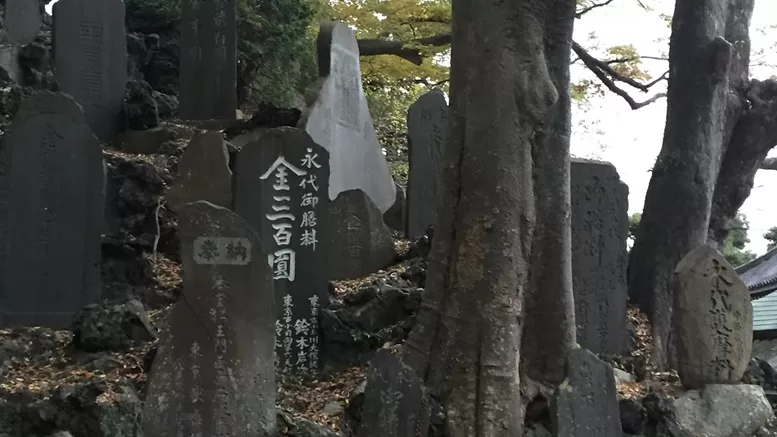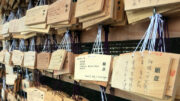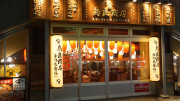Japanese people are often extremely superstitious, with many beliefs dating back centuries and deeply rooted in their culture. Some superstitions are similar to those found in Western or other Asian countries, while others are unique to Japan. Many are designed as lessons or warnings of dire consequences.

Superstitions with Hidden Lessons
Some Japanese superstitions serve as moral lessons, often aimed at children:
- “If you play with fire, you will wet the bed.”
- “If you lie down after eating, you might turn into a cow.” (A warning not to be lazy after a meal—or risk getting fat!)
- “Don’t whistle at night, or a spider will come.” (Meaning: Don’t be noisy and annoy your neighbours.)
Superstitions Related to Death
Many Japanese superstitions are closely linked to death and the afterlife:
- Hide your thumbs during a funeral procession—The Japanese word for “thumb” (親指, oyayubi) means “parent finger,” so hiding your thumbs is believed to protect your parents from death.
- Sprinkle salt on yourself after a funeral—This is done to purify oneself before returning home.
- Sleeping with your head facing north—Considered bad luck and a sign of a short life, as this is how bodies are laid out at funerals.
Chopstick etiquette to avoid bad luck related to death:
- Never stick chopsticks upright into food, as this is how rice is offered to the dead at funerals.
- Never pass food directly from one pair of chopsticks to another, as this mimics how cremated bones are passed at a funeral.
Unlucky Numbers
Certain numbers are considered extremely unlucky in Japan:
- 4 (“shi”)—Sounds like the word for “death” (死, shi), so avoid giving gifts in sets of four.
- 9 (“ku”)—Sounds like “pain” or “suffering” (苦, ku).
- 13—Unlucky in many cultures, including Japan.
- 43—Especially unlucky in childbirth, as it can be read as shizan (死産), meaning “stillbirth.” Many hospitals and hotels in Japan avoid using these room numbers.
Symbols of Good Luck
Not all Japanese superstitions are negative—some bring good fortune! One of the most famous lucky charms is the Maneki Neko (beckoning cat).
- You’ll see this waving cat outside shops and homes, bringing all sorts of luck like wealth, health, happiness, and love.
- Different colours bring different types of luck:
- White with black and orange spots—Considered the luckiest.
- Left paw raised—Attracts more customers (common in businesses).
- Right paw raised—Brings more wealth.
Situational Superstitions: Good vs. Bad Luck
Some superstitions depend on when you see something:
- Seeing a spider in the morning—Good luck! Don’t kill it.
- Seeing a spider at night—Bad luck! Best to avoid it.
Whether it’s avoiding unlucky numbers, respecting funeral customs, or welcoming luck with a waving cat, superstitions continue to play a strong role in Japanese culture. While not everyone believes in them, many people still follow these traditions, just in case!




